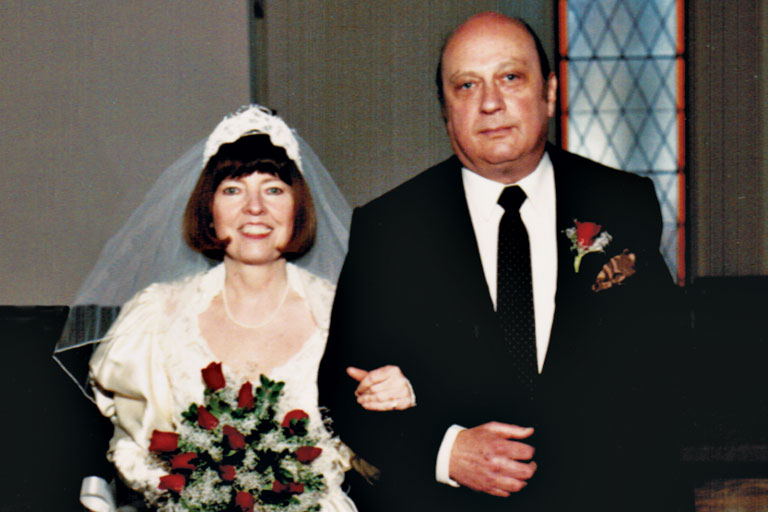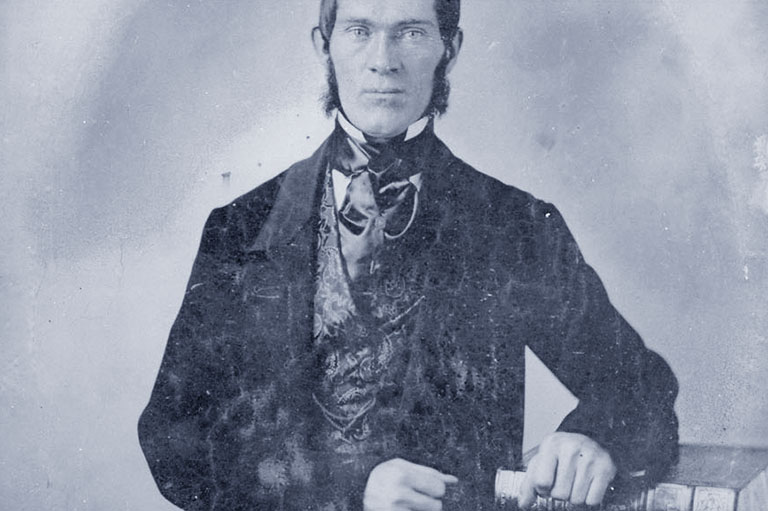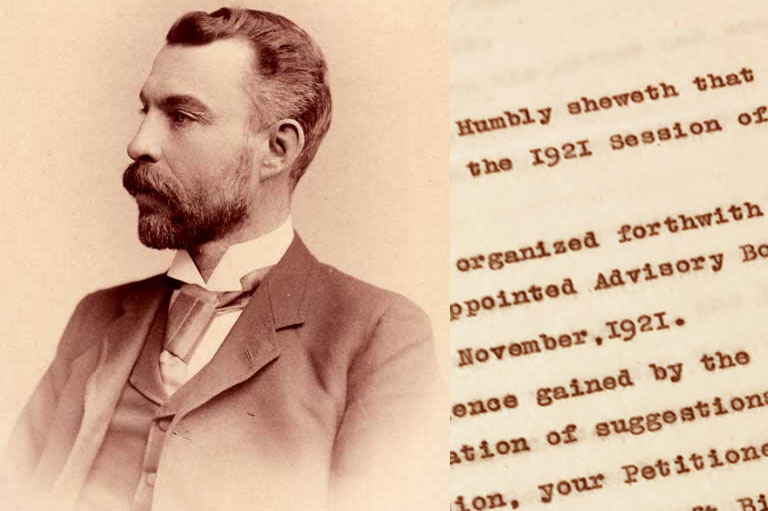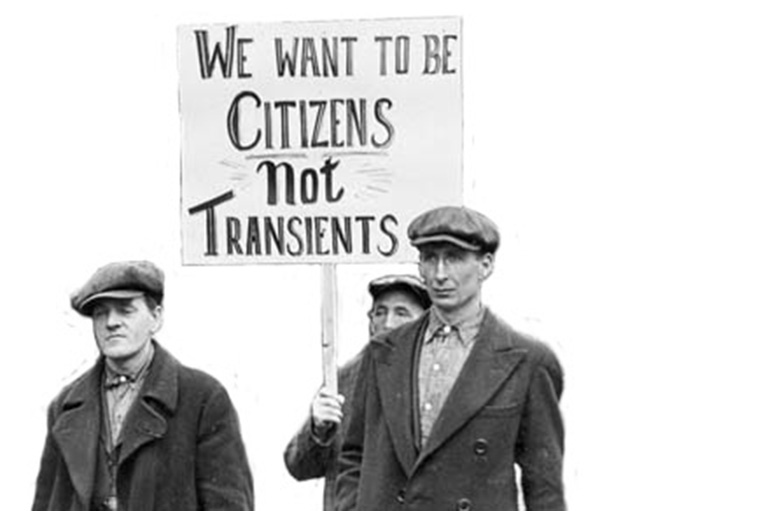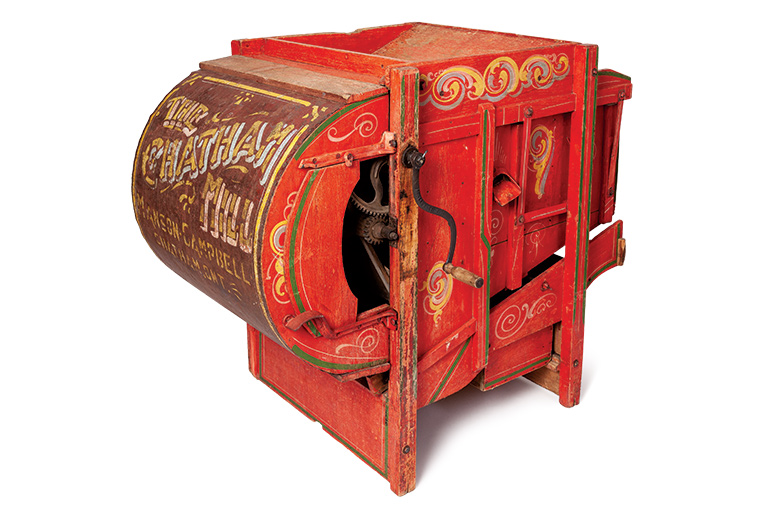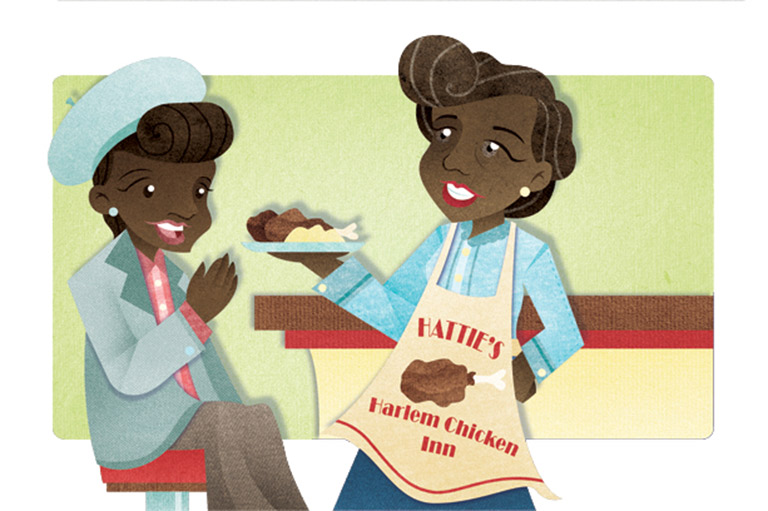Achieving Together

Natasha Pashak has noticed how people react when they connect to our programs and publications. “Everybody who gets involved with Canada’s History Society falls deeply in love with the organization and what it does, and they feel really strongly about making sure that it thrives,” says the chair of the board of directors.
“People feel how fraught the world is, but Canada’s History provides a very accessible community,” Natasha says. “It’s a very small team that’s able to do a lot.”
Regardless of size, an organization can only achieve its goals when it’s run well, which in turn requires good governance — a guiding framework that can include things like a strategic plan, terms of reference for board positions and committees, a code of conduct, and more. These policies, plans, and procedures may not be glamorous, but they’re how the organization stays on track, complies with a considerable list of legal requirements, and ensures supporters’ donations are used effectively.
Fortunately, governance has long been a keen interest for Natasha, who has shepherded the creation of several key governance documents since joining the board in 2020. “I’ve always been interested in how an organization achieves what it wants to achieve,” having seen the importance of governance over her time on various volunteer boards.
When she moved back to Calgary from Montreal in 2008, she quickly realized that her new neighbourhood was coming under pressure from developers. She wrote letters to the local newsletter and was elected to the community association’s board. Despite the tension, she found she enjoyed learning, advocating, building relationships, and acting as an informal mediator.
“I would go to the neighbours and ask, ‘What is it that’s really important to you?’ And then I’d go to the developer and ask if they’d be willing to make that specific change. I found it very satisfying being able to play that role.”
Those initial experiences led to her appointment to the quasi-judicial Calgary Subdivision and Development Appeal Board, where she continued to develop skills related to administrative justice. Since then, Natasha has served with many other organizations, including on the board of governors of what was then the Alberta University of the Arts, and on the boards of the Contemporary Calgary Arts Society and the Flanagan Foundation. She is the first board chair of Canada's History Society to be based in Western Canada.
Her work has often focused on boosting governance to ensure the entity is functioning as well as it possibly can, with knowledgeable board members and staff who trust each other and understand how their work contributes to the organization’s purpose. “There’s a moment where everyone’s on board with the same vision and the same goals. That feels good.”
With 7 uniquely curated newsletters to choose from, we have something for everyone.
in the company of Adventurers. Join a powerful collective of Canada’s History’s most generous contributors and commit your passion and resources to strengthen educational and youth programs, build connections among diverse Canadian communities, and embrace powerful storytelling.
Themes associated with this article
Advertisement


